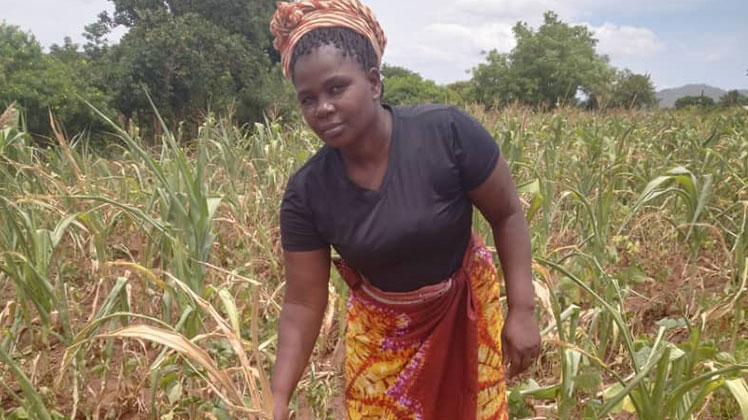Waning forests up in smoke
alawi is racing against time to save fast-vanishing trees, with half of its forest cover gone up in smoke due to illicit charcoal sales.
The Department of Forestry reports that half of the land once covered by trees two decades ago now lies bare as illegal charcoal sales surge.

Deputy director of forestry Ted Kamoto warns that desertification is well underway as forests keep waning to satisfy the growing appetite for charcoal.
The 2018 census shows that at least nine in every 10 homes nationwide cook using charcoal and firewood.
Kamoto said: “As we are speaking, the country, which had 50 percent of its land covered by forests, now has just 24 percent. This means we are already drifting towards a desert.

“Soon or later, we may not have rivers. This will affect fishing, tourism, agriculture and other spheres of life. We will feel the impact of the loss of trees.”
Kamoto was speaking during a panel discussion at the launch of a dossier of investigative stories under the Forestry Accountability Journalism in Malawi funded by USAid and UK Aid.
The journalists exposed how corrupt syndicates have left protected reserves on the brink as some forestry and police officers corruptly aid illicit charcoal production, trafficking and sales. As law enforcement falters, the supposed forest protectors covertly receive kickbacks to clear the way for charcoal traffickers who go scot-free as trees clash to the ground.
Kamoto warned forestry officials against taking bribes as the country loses trees faster than they are being replanted.
“Corruption is evil; it corrodes integrity and affects the economy. Where it has happened, we have taken steps to investigate the allegations and discipline those involved,” he said.
Anti-Corruption Bureau deputy director Elia Bodole said it is pathetic that public officials in charge of safeguarding forests have become enablers of the illicit charcoal trade.
He said: “To tackle the problem, the ACB senstitises communities around the protected forests to know what constitutes corruption, why they need to protect forests and how to report offenders. We want them to own the forests and protect them from any corrupt practices fuelling deforestation.”
Wellington Chidzakadzi, a police detective in charge of a unit formed to clamp down on wildlife and forestry crimes, said 35 police officers are being “internally dealt with” for allegedly aiding the trafficking of illegally produced charcoal.
This comes months after Nation Publications Limited investigative reporter Bobby Kabango exposed a syndicate of charcoal traffickers who corrupt senior police and forestry officers in the dead of the night.
He also disclosed that the Inspector General has established a special unit to enhance the operations of roadblocks nationwide.
The police checkpoints have come under fire for receiving kickbacks to allow convoys of charcoal trucks, code-named chinjovu, a caravan of elephants, to pass freely as did the ring busted by Kabango last year.
Both the ACB and police representatives dialled up the call for investigative journalism to generate credible evidence admissible in court.
But activist Dorothy Nhlema said it is shoking that the country has only one investigator to track forest-related crimes in all 28 districts.she said the nation will not win the battle against charcoal syndicates unless the Department of Information beefs up its intelligence staff and promote reliable and affordable access to sustainable cooking energy options, including gas and briquettes.





